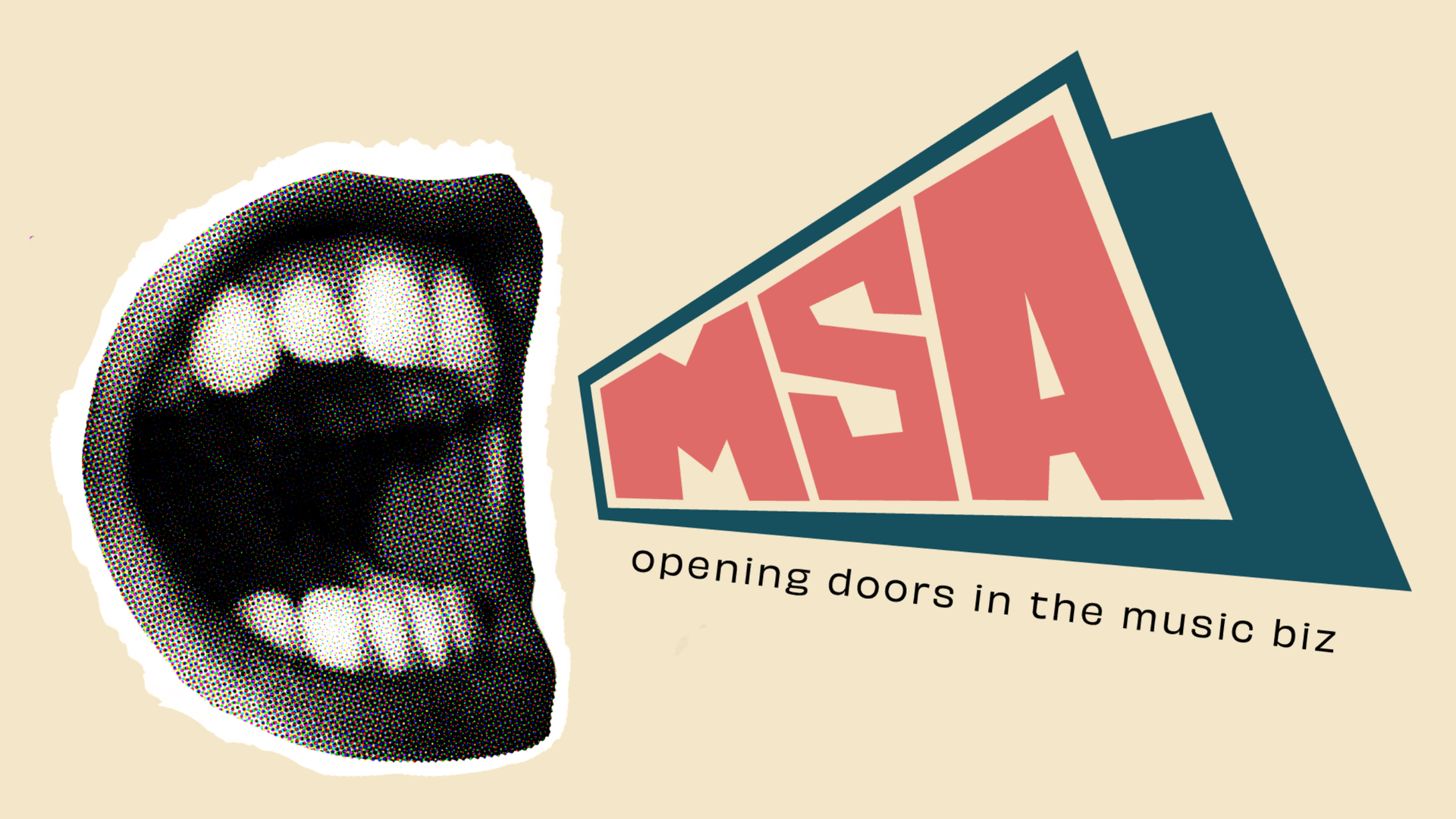Working in music: Growth, gaps, and getting on with it
Careers in the music business rarely follow a straight line. Job titles shift, roles evolve, and most people build their path as they go. Yet the industry still lacks the support needed to make that growth sustainable.
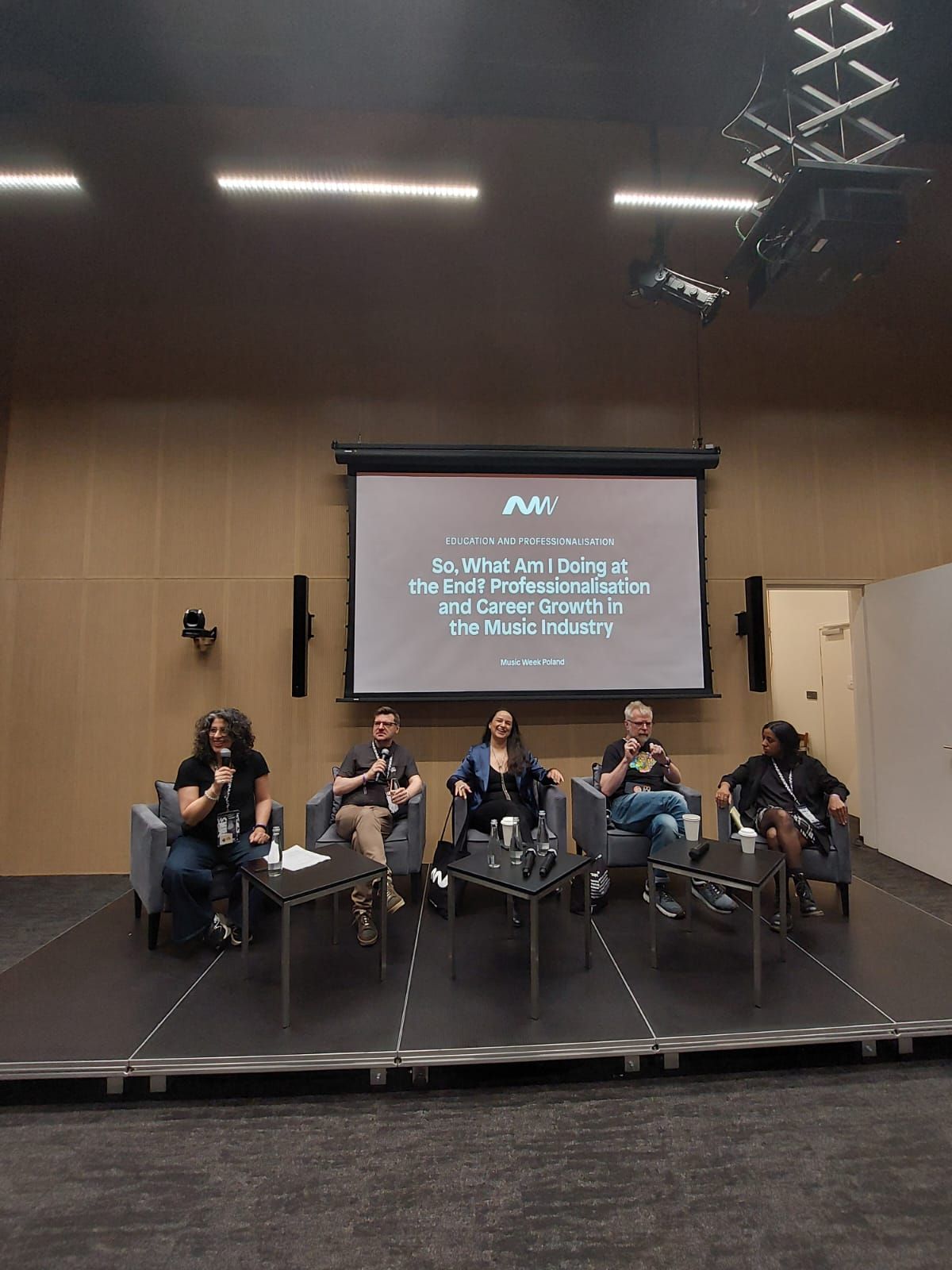
This blog is based on the panel So, What Am I Doing at the End? Professionalisation and Career Growth in the Music Industry which I moderated at Music Week Poland 2025. We talked about how careers in the music business take shape, the support that’s missing, and what actually helps people move forward. The message was simple: most roles are built, not given, but that doesn’t mean you should have to figure it all out alone.
Speakers:
Aysha Hussain – Music Consultant and Label Manager, Keychange
Paty Carrera – Artist Manager and Music Business Educator, Control Freaks
Virgo Sillamaa – Cultural Policy Advisor and Music Sector Advocate, EMEE
Darek Mazzone – DJ / Broadcaster, KEXP
Moderator:
Mandy Salem-Aubry – Managing Director, MSA Music Services / Conference Programme Coordinator, Athens Music Week
Live Mural Capture:
Joanna Kowalczyk – Co-Founder, Artist in Bloom
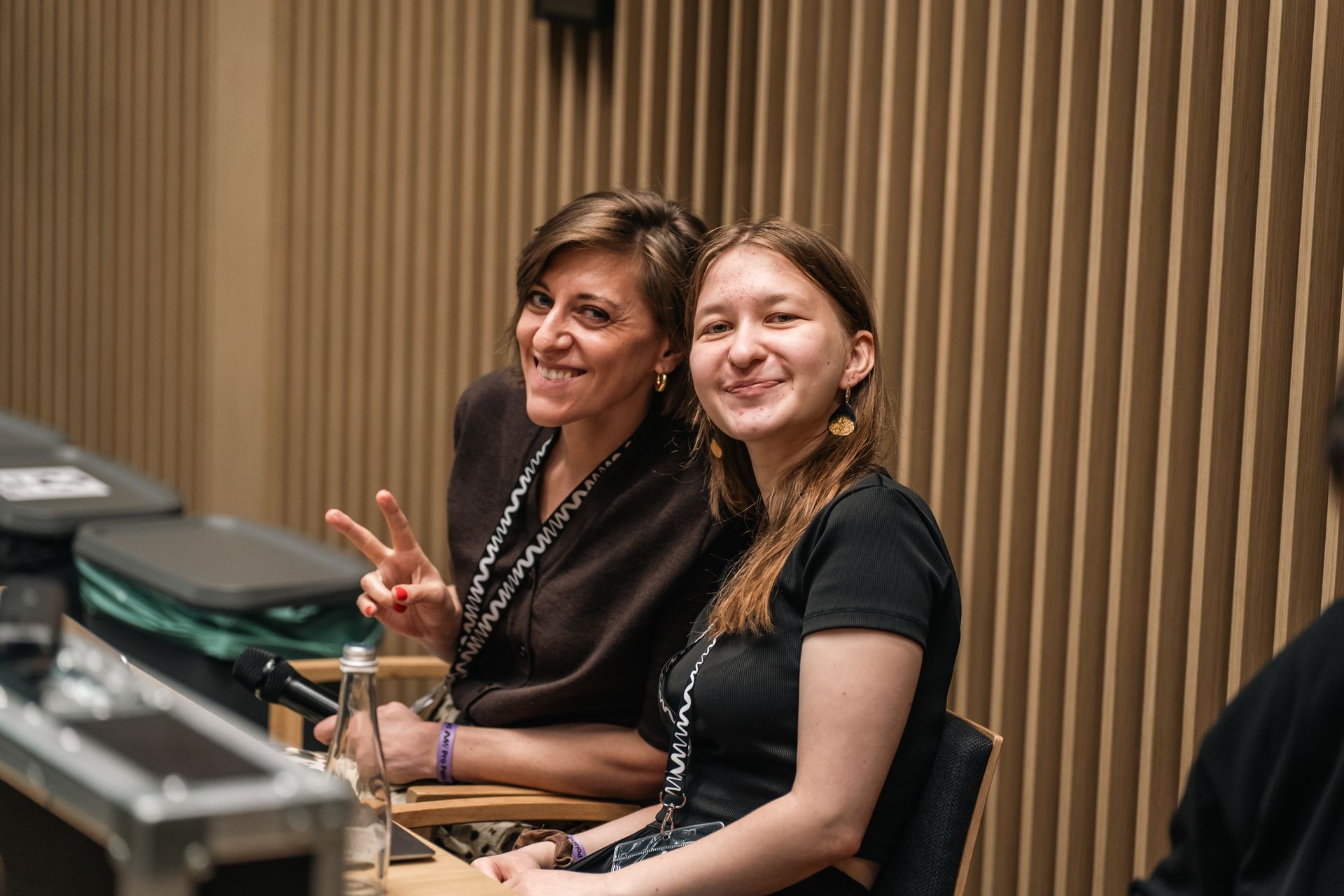
"You fail and fail and fail, and there's one good outcome, only one..." - Paty Carreira.
Why is career growth in the music business so unclear?
Most roles aren’t mapped out in advance. People create their own paths, often in response to gaps:
- Job titles shift, and responsibilities are often undefined.
- There’s little formal guidance once you’re past the entry level.
- Support is often geared toward artists, not those behind the scenes.
It’s not that people aren’t ambitious. It’s that the structure to support long-term growth often isn’t there.
Why do so many professionals feel stuck?
Even experienced people in music hit points where it’s hard to see the way forward:
- There’s no obvious next step.
- Roles are unstable, and support varies from country to country.
- Many feel they have to prove their worth repeatedly, even mid-career.
Without visible models or frameworks, it’s easy to feel you’re working in isolation.
What helps people move forward?
The panel highlighted three things that can make a difference:
- Peer networks that share knowledge and perspective.
- Flexible tools that bring clarity to complex work.
- Support systems that recognise how careers actually develop, not how they’re supposed to.
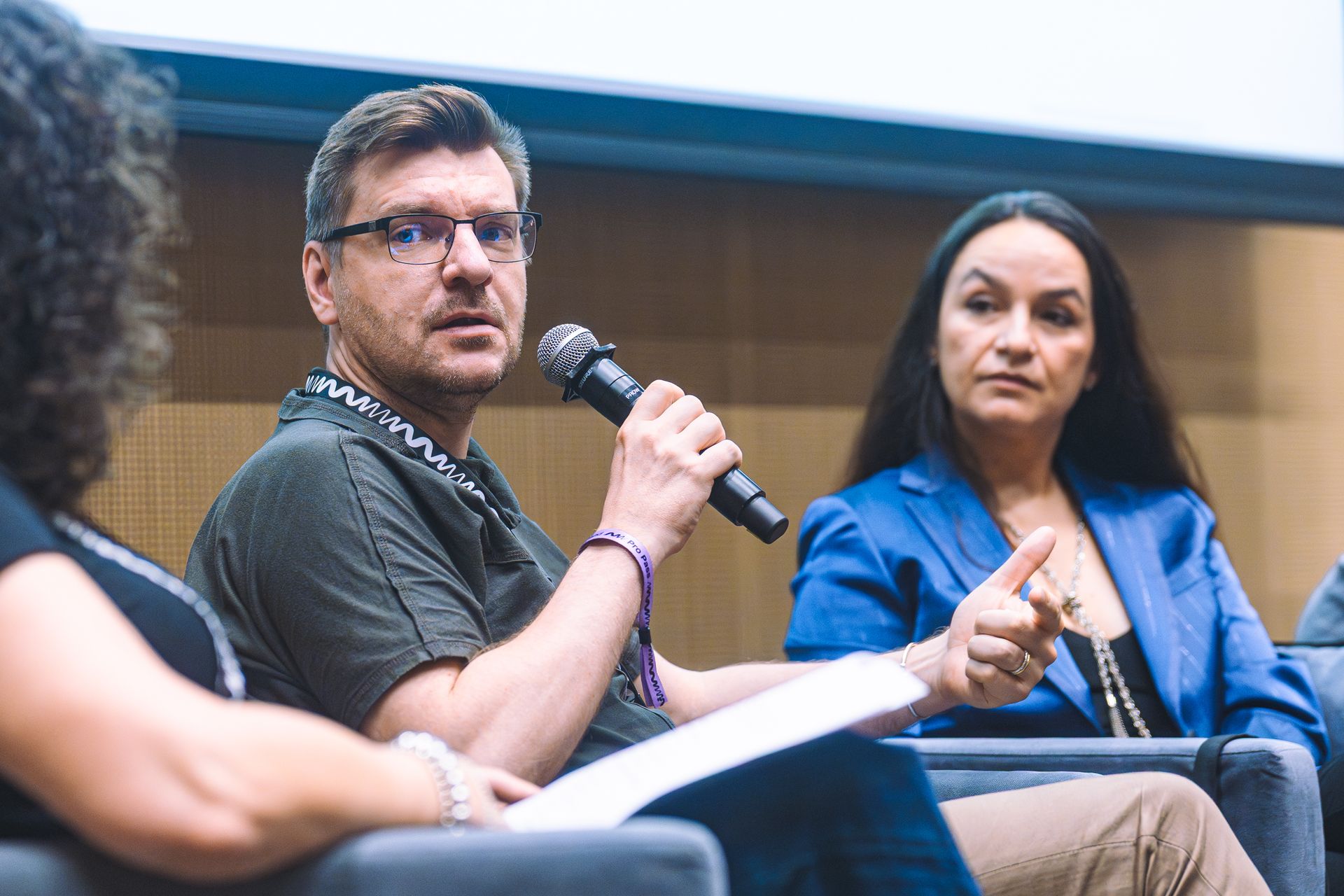
The goal isn’t to standardise every path. It’s to make sure people aren’t left to figure it all out alone.
How does this play out across countries?
The experience of building a music business career varies widely depending on where you are:
- Support structures differ from country to country.
- In some regions, mid-career professionals have no clear next step.
- Cross-border collaboration is growing, but infrastructure often lags behind.
It’s not just a local issue. These gaps are visible across the international music ecosystem.
Why are freelancers and independents especially affected?
Many people working in music wear multiple hats and move between roles:
- They’re not always seen as “professionals” by formal institutions.
- Career progression is hard to define or even talk about.
- Much of the work is project-based, underpaid, or invisible.
Without recognition or stable structures, it’s easy for valuable work to go unsupported.
Where does support actually help – and where is it still missing?
Some things that make a difference:
- Spaces to speak honestly about career pressure, growth and uncertainty.
- Mentoring, peer networks, and sector-specific training.
- Tools that help people track, structure and communicate what they do.
But most support still focuses on artists or executives, leaving out a large group of professionals working behind the scenes.
What can organisations or funders do?
The panel pointed to a few key actions:
- Recognise the needs of mid-career professionals — not just newcomers.
- Fund skill-sharing, infrastructure and role development across the sector.
- Create room for people to reflect, adapt and grow within their work — not just around it.
What practical steps can individuals take?
- Document your own path. Job titles don’t always reflect your contribution.
- Connect with peers across roles, countries and sectors.
- Ask for clarity when it’s missing and offer it where you can.
- Talk about your career as it is, not just how it’s “meant” to look.
Find or build frameworks that support the way you work.
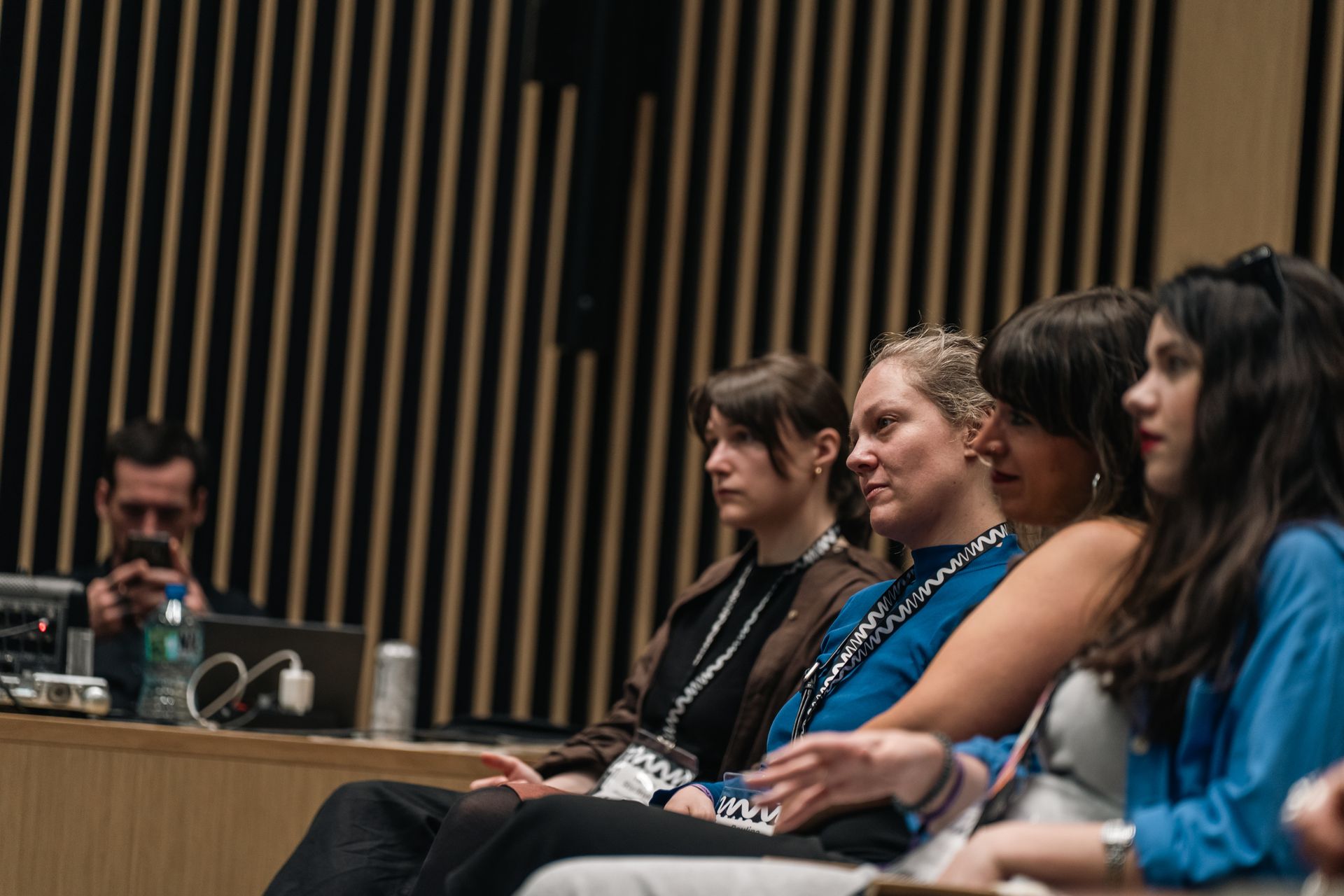
"Different countries, different backgrounds, but the common thread: passion for music, for change, and for growth. So, what’s next? The biggest insights for me were the ones I reached myself, through mistakes and even more mistakes:
💡 "Your best teacher is your mistakes and experience."
💡 "The world is not built on success; the world is built on rejections and losses."
💡 "If the passion for what you do disappears, it's time to move on." – Marharyta - Yuliia Bilyk
Final thoughts
The clearest message from this session? You don’t need to have it all figured out but you don’t have to do it alone either.
Professionalisation in the music business doesn’t mean following a template. It means recognising your work, finding support that fits, and helping shape a culture where others can do the same.
If you’re navigating these questions — for yourself or your team — and want a sounding board or practical help, feel free to get in touch.
msamusicservices.com
